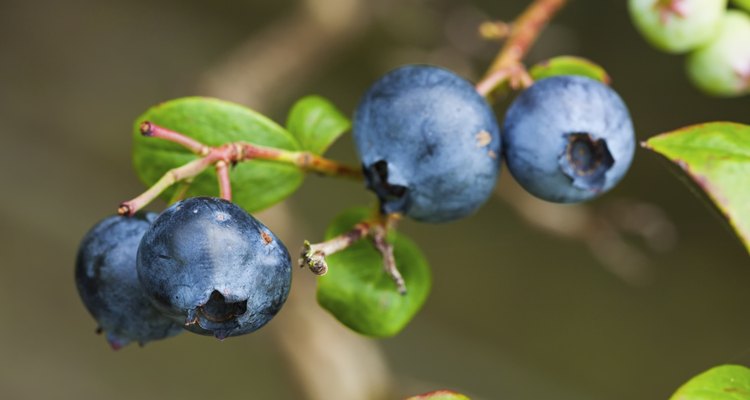
Oliver Hoffmann/iStock/Getty Images
Your body needs water for functions such as regulating body temperature, maintaining electrolyte balance and for metabolizing nutrients, according to the University of Michigan. Consuming sufficient quantities of water can help prevent headaches and fatigue from dehydration, and water can help you control your weight, because it is calorie-free. Certain foods are rich in water and can help you stay hydrated.
Non-Starchy Vegetables
Vegetables are low-calorie, high-fiber foods that are rich in water. Water composes 95 to 96 percent of the weight of many vegetables such as lettuce, cucumbers and tomatoes. Many vegetables supply essential nutrients such as potassium, vitamin C, vitamin A and folate. Consume salads that contain romaine lettuce or fresh spinach leaves or snack on celery or cucumber sticks, or on broccoli or cauliflower florets. Add vegetables to soups for additional water. The water content of starchy vegetables is slightly lower. A potato is 79 percent water by weight, and 76 percent of the weight of raw corn is water.
Water in Fruits
Fruits are high in water, with water making up 84 to 86 percent of the total weight of raw blueberries, apples and oranges. Fruits can help you lose weight because of their high water content and their dietary fiber. To reduce your caloric intake, consume fruit instead of higher-calorie desserts or sugary snacks such as snack cakes or cookies. Fruits can be refreshing snacks that can help quench your thirst between meals.
Reduced-Fat Dairy Products
Some reduced-fat dairy products, such as yogurt and cottage cheese, are rich in water. Fat-free plain yogurt is 85 percent water by weight, and 81 percent of the weight of non-fat cottage cheese is water. Dairy products provide the bone-building mineral calcium, and they are also rich in potassium, which can help reduce blood pressure. Mix cereal into yogurt for breakfast or a snack, or have a glass of milk after a hard workout to speed muscle recovery.
Lean Proteins
Skinless chicken and turkey breast, fish, shellfish, lean beef and tofu are high in water and protein. Firm tofu is 85 percent water by weight, turkey breast is 70 percent water by weight, and 78 percent of the weight of shrimp is water. Lean proteins can help you control your weight because of their low caloric content and high protein content, which is a filling nutrient. Eat them with other low-calorie, water-rich foods such as vegetables. Make a tofu or shrimp stir fry with vegetables, serve broiled fish with green beans or stew chicken with tomatoes and mushrooms.
Water in Soups
Soups mainly consist of water, and regular consumption of clear or broth-based soups can help you control your weight, according to the 2010 Dietary Guidelines. By weight, 92 percent of chicken and vegetable soup is water. A high-sodium diet can contribute to high blood pressure and an increased risk for heart disease, stroke and kidney disease, so choose low-sodium, ready-made soups or make your own soup with low-sodium broth or bouillon. Cream soups are still high in fluids, but they are higher in calories and fat than clear soups.
Related Articles

Fruit & Water Diet

How to Make Marshmallow Creme Smooth ...

How to Cook Frozen Dumplings With a ...
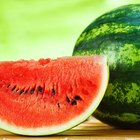
List of Foods With a High Water Content
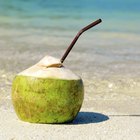
The Benefits of Drinking Coconut Water
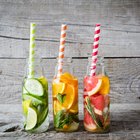
Hate Water? Here Are 5 Easy Ways to ...
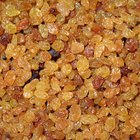
How to Prepare Water Kefir to Drink
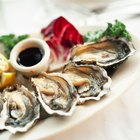
How Long Do Shucked Oysters Stay Fresh?

How to Make Liquid Sugar Concentrate
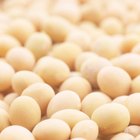
How to Cook Raw Chickpeas or Garbanzo ...

How to Cook Green Beans to Be Crisp and ...

How to Defrost a Sirloin Rolled Roast ...

How to Remove Acne Scars With Water

Can You Tighten Facial Skin With Cold ...

How to Puree Chicken
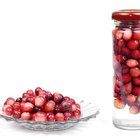
How to Make Cranberry Juice from Fresh ...
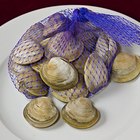
How to Purge Sand Out of Clams With ...
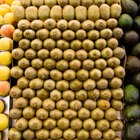
Fruit & Vegetable Fast Menu
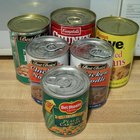
LDS Food Storage Recommendations

Can You Leave Toothpicks in Your ...
References
Writer Bio
Natalie Stein specializes in weight loss and sports nutrition. She is based in Los Angeles and is an assistant professor with the Program for Public Health at Michigan State University. Stein holds a master of science degree in nutrition and a master of public health degree from Michigan State University.
Photo Credits
Oliver Hoffmann/iStock/Getty Images